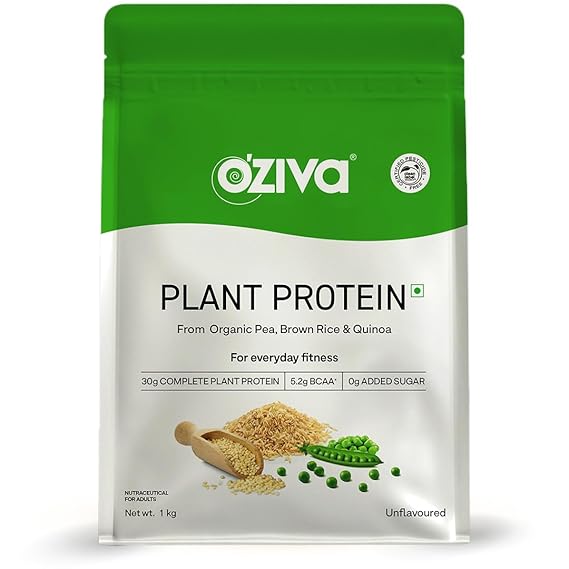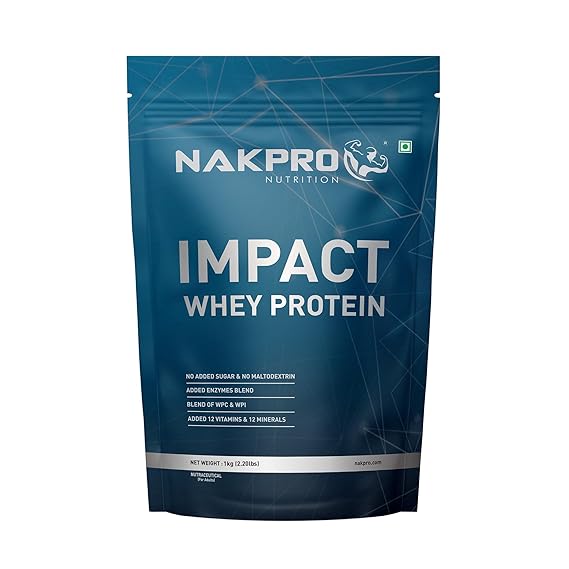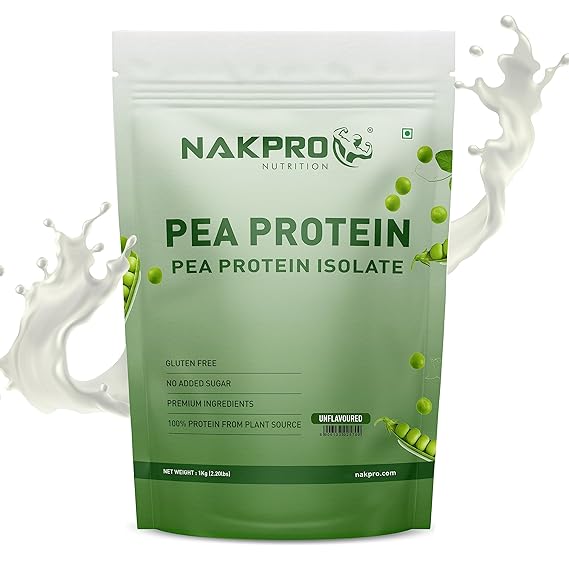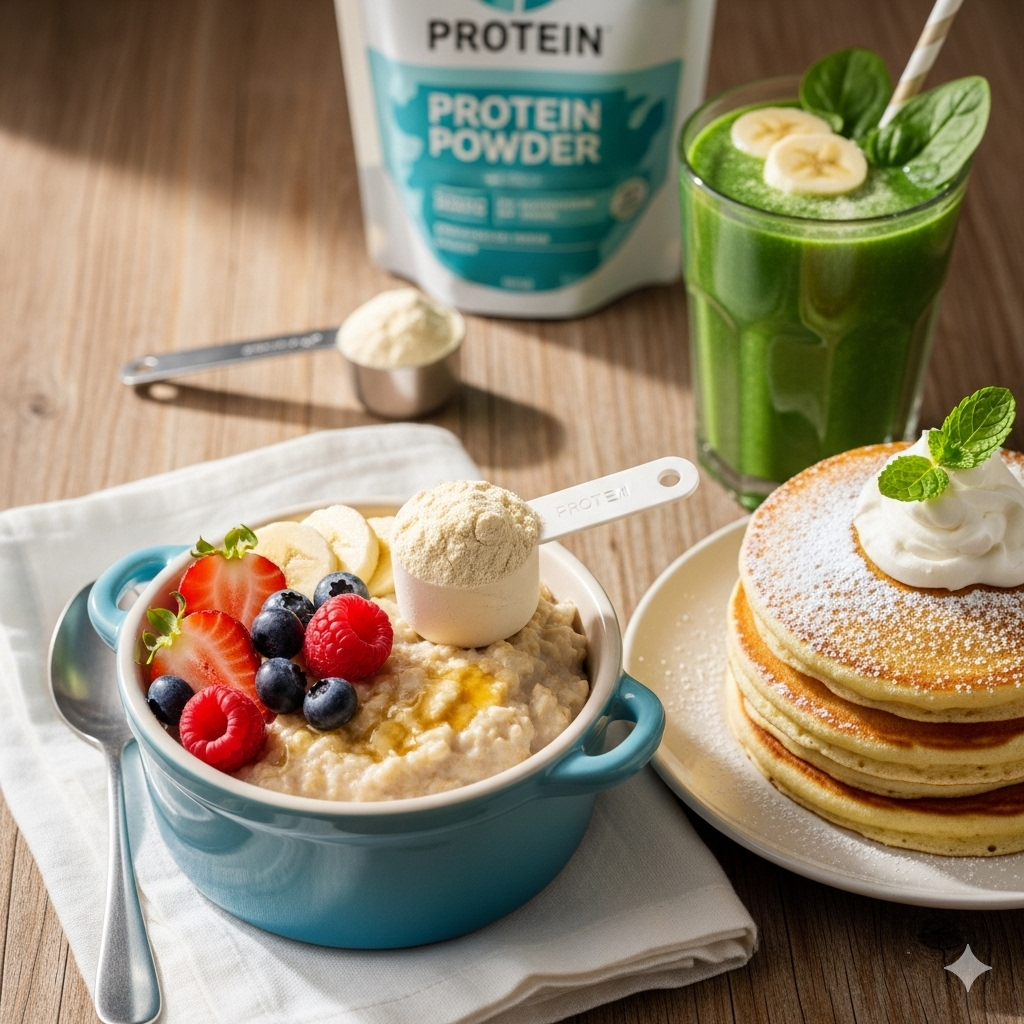The Ultimate Guide to Choosing the Right Protein Powder
Protein powder is one of the most popular supplements in the world of health and fitness. Whether you are a gym enthusiast, an athlete, or simply someone trying to meet daily protein needs, choosing the right protein powder can be overwhelming. With so many varieties—whey, casein, plant-based, blends, and more—how do you know which one suits your body and goals?
This guide will walk you through everything you need to know before investing in a protein supplement: the different types, their benefits, what to look for on the label, and how to choose based on your lifestyle.

Why Protein Matters
Protein is an essential macronutrient required for building muscle, repairing tissues, producing enzymes, and supporting overall health. Many people struggle to get enough protein through whole foods alone, which is why protein powders have become a convenient and reliable option.
When chosen wisely, a good protein powder can:
- Support muscle growth and recovery
- Aid in weight management
- Provide satiety and reduce cravings
- Improve athletic performance
Supplement diets with limited protein sources (like vegetarian or vegan diets)
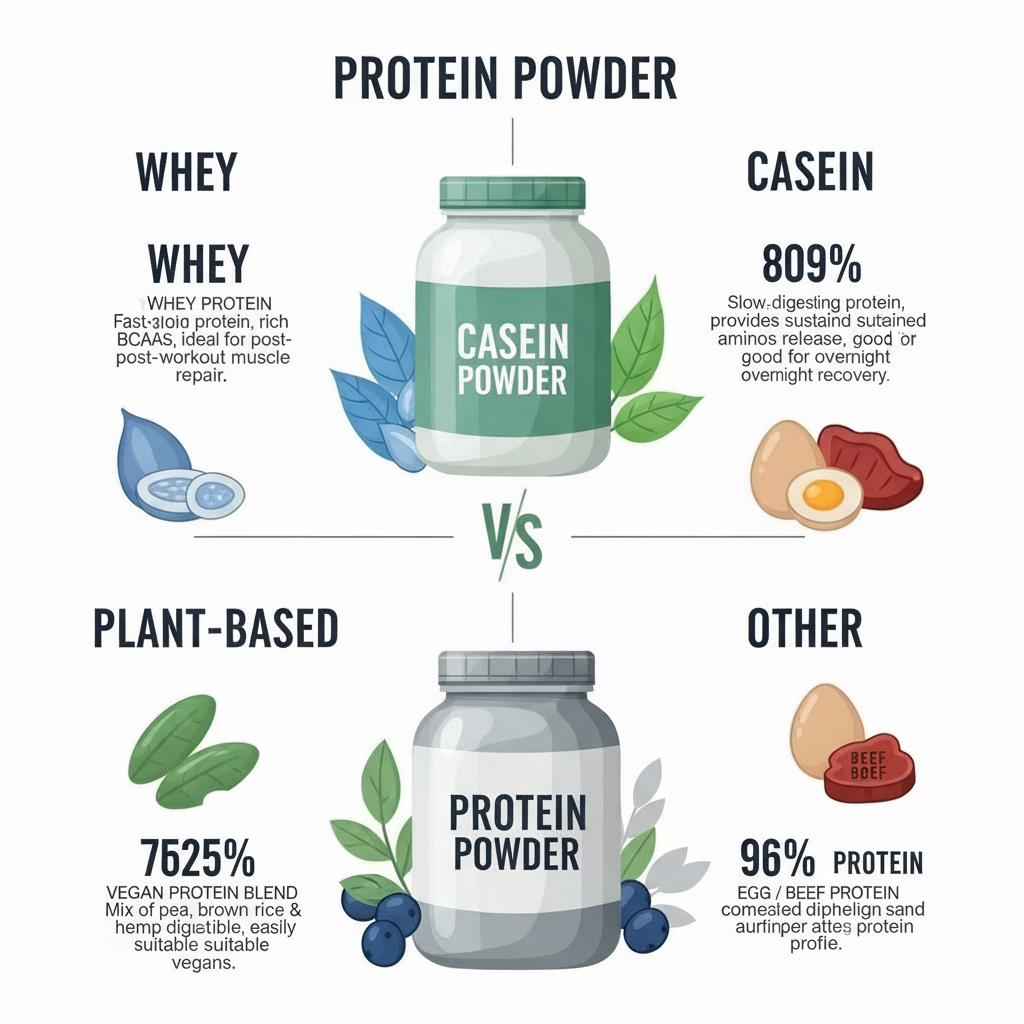
Types of Protein Powder
Not all protein powders are the same. Each type has unique characteristics and benefits.
- Whey Protein
- Source: Milk
- Benefits: Quickly absorbed, rich in branched-chain amino acids (BCAAs), excellent for muscle repair and growth.
- Best for: post-workout recovery, athletes, and fitness enthusiasts.
- Casein Protein
- Source: Milk
- Benefits: Slow-digesting, provides a steady release of amino acids, ideal for overnight recovery.
- Best for: Before bed, individuals aiming for muscle retention.
- Plant-Based Protein
- Source: Pea, soy, hemp, brown rice, pumpkin seed, or blends.
- Benefits: Lactose-free, vegan-friendly, often high in fiber and micronutrients.
- Best for: Vegans, vegetarians, or people with dairy intolerance.
- Egg Protein
- Source: Egg whites
- Benefits: High-quality protein, free of dairy, easily digestible.
- Best for: People with dairy allergies who still want an animal-based option.
- Collagen Protein
- Source: Animal connective tissues
- Benefits: Supports joint health, skin elasticity, and gut health.
- Best for: People focusing on joint care, anti-aging, and overall wellness.
- Protein Blends
- Source: Combination of different proteins (whey + casein, or multiple plants).
- Benefits: Balanced digestion rates, versatile amino acid profile.
- Best for: All-day use, general supplementation.
For best results try this product: OZiva Plant Protein
Key Factors to Consider Before Buying
With endless brands and marketing claims, here are the most important things to check:
- Protein Content per Serving
Look for at least 20–25 grams of protein per scoop for optimal muscle recovery and satiety.
- Amino Acid Profile
Ensure the powder contains all essential amino acids, especially if you choose a plant-based option. Complete proteins (like whey and soy) are ideal.
- Added Ingredients
Check the label for unnecessary fillers, added sugars, artificial flavors, or excessive thickeners. A clean ingredient list is always better.
- Digestibility
Some powders can cause bloating or discomfort. If you are lactose intolerant, opt for whey isolate, egg protein, or plant-based powders.
- Allergens
Check for common allergens like soy, dairy, or gluten depending on your sensitivity.
- Certification & Testing
Look for products tested by third-party organizations for purity and safety (e.g., NSF Certified, Informed-Sport).
Choosing Protein Powder Based on Your Goals
Different health and fitness goals require different protein strategies:
For Muscle Gain
- Go for whey protein concentrate or isolate.
- High BCAA content supports faster recovery and muscle building.
For best results try this product: NAKPRO Impact Whey Protein
For Weight Loss
- Choose a low-calorie, low-carb option like whey isolate or plant protein.
- Added fiber (pea or hemp protein) can help keep you full longer.
For General Health
- Collagen protein supports joints, skin, and gut health.
- Plant-based blends are great for balanced nutrition and sustainable diets.
For Meal Replacement
- Look for protein powders with added vitamins, minerals, and fiber.
- Blends work well for this purpose.
For best results try this product: NAKPRO 100% Pea Protein
For Nighttime Use
- Casein protein is best as it digests slowly and prevents muscle breakdown overnight.
Common Mistakes to Avoid
- Focusing Only on Price – Cheaper powders may compromise quality or include fillers.
- Ignoring Serving Size – Some powders appear high in protein but require large servings.
- Not Checking Sugar Content – Some “healthy” protein shakes contain more sugar than a dessert.
- Choosing Trendy Over Practical – Just because a protein type is popular doesn’t mean it’s right for your goals.
Tips for Using Protein Powder Effectively
- Timing: Post-workout is ideal for whey, while casein works well before bed.
- Mixing: Use water, milk, or plant-based alternatives depending on your calorie goals.
- Recipes: Protein powder isn’t just for shakes—you can add it to oatmeal, pancakes, smoothies, or baked goods.
- Consistency: Supplements only work when used consistently with a balanced diet.
Final Thoughts
Protein powder can be a game-changer for your nutrition and fitness journey, but the “best” option is highly personal. Consider your goals, dietary preferences, allergies, and lifestyle before making a choice. Whether you’re aiming to build muscle, lose fat, or simply stay healthy, there’s a protein powder out there designed to meet your needs.

